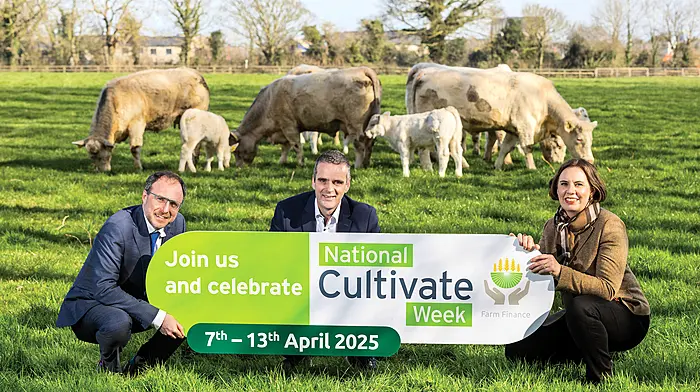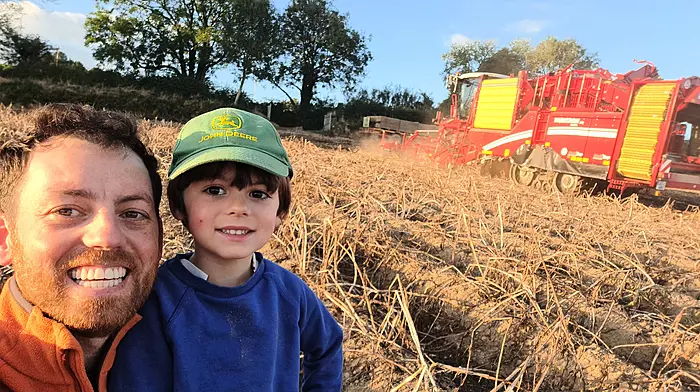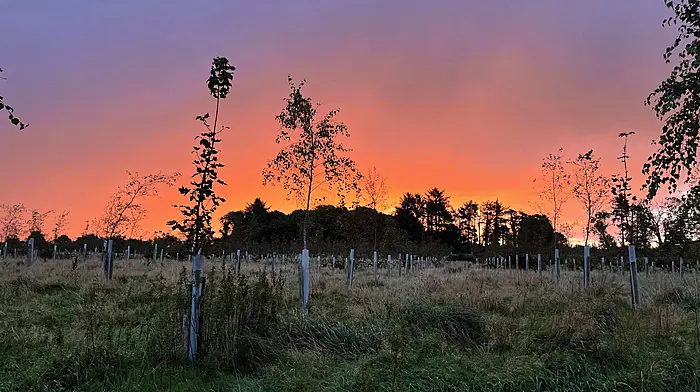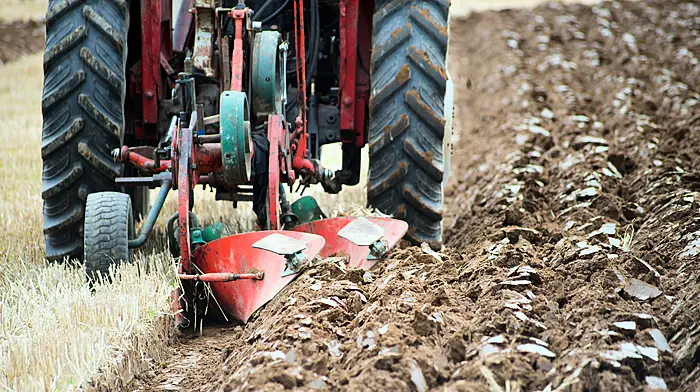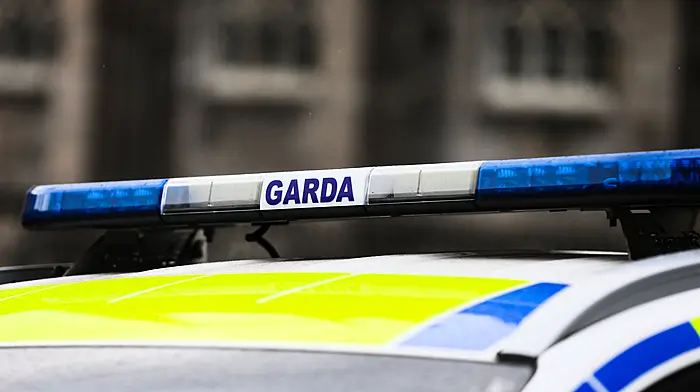FARMERS are worried about the demands being made by the Green Party as talks on government formation got under way this week with Fianna Fáil and Fine Gael.
Their main fear is that the smaller party, which effectively holds the balance of power and has made a 7% annual cut in greenhouse gas emissions over the next 10 years one of its red lines in negotiations, could demand a culling of the national herd. Macra na Feirme and the main farming organisations, who would not be considered fans of the Greens, have been lobbying rural TDs in the bigger parties not to agree to anything that would further damage the agricultural sector.
While acknowledging the Green Party’s contention that reducing the national herd is not one of its specific policies, Macra na Feirme has still called on all rural TDs in government formation talks to ensure that the national herd is maintained. Macra president Thomas Duffy said that ‘culling the national herd is extremely damaging to rural Ireland and Irish farmers.’
Macra agricultural affairs chair John Keane added: ‘There is a clear pathway to emissions reductions in the ag sector; it is science-based and realistic, this pathway does not include the mandatory herd reduction.’
His sentiments were echoed by IFA president Tim Cullinan, who said that ‘the next government must look at the way emissions are being calculated and accounted for before rushing headlong into environmental flag-waving while ignoring scientific developments.’
He pointed out that, during the Covid-19 crisis, ‘There are still the same number of animals on our planet, but emissions have dropped through the floor.
The environmental credentials of our dairy and beef sectors are well established.
‘Fianna Fáil and Fine Gael cannot allow the Green Party tail to wag the dog. Farmers are ready to step up and embrace policies that put them at the centre of climate action,’ Mr Cullinan added.
Meanwhile, ICMSA president Pat McCormack was critical of the draft document jointly published by FF and FG prior to negotiations starting with the Greens, saying that, apart from some worthy sentiments, there was almost a complete lack of detail around farming and food production contained in it.




